Research
Research in a pandemic: It's all about trust
The Covid-19 pandemic has underscored the importance of investing in research ethics and integrity processes, particularly as some of the existing national guidelines are unclear and sometimes even contradictory.
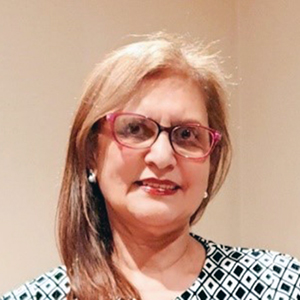
Ames Dhai, Professor of Bioethics and Health Law: School of Clinical Medicine, Faculty of Health Sciences, Wits
"Covid-19 is not the first pandemic and it is not going to be the last. One of the things we need to consider taking forward as a community of practice is putting together pandemic-specific guidelines," said Prof Ames Dhai, Professor of Bioethics and Health Law at the School of Clinical Medicine, University of the Witwatersrand (Wits), and Specialist Ethicist in the Office of the Presidency.
She was a keynote speaker at the launch in September 2020 of the Community of Practice for Research Ethics and Integrity Professionals in Gauteng, a joint initiative between Unisa, the Department of Science and Innovation (DSI), the Southern African Research and Innovation Association (SARIMA) and Wits.
Rapid does not mean rushed
Dhai said that in a global public health emergency, research is important in advancing emergency interventions and treatments, and "rapid review" of research is an accepted international principle if this is in the public interest.
"But rapid review does not mean rushed. Ethical standards and quality of review cannot be compromised, and rapid review cannot mean you curtail important ethical discussion," she said. "We have learnt, having been involved in rapid reviews during this pandemic, that the research projects are so complex and they also involve methodologies we have not been experienced with. They also demand scientific robustness."
She cautioned against researchers submitting rushed applications for ethics approval or having "unrealistic expectations" of research ethics committees. "Researchers need to know a rapid review is not a rushed review."
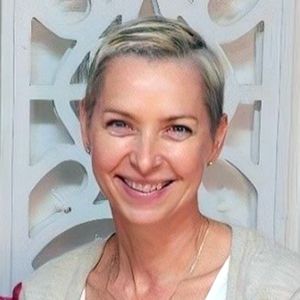
Therina Theron, Senior Director: Research and Innovation, Stellenbosch University
Another speaker who highlighted the importance of ethical rigour in research was Dr Therina Theron, SARIMA President and Senior Director of Research and Innovation at Stellenbosch University (SU).
She referred to the parallels between the dynamics around the so-called "thalidomide tragedy" of the late 1950s and the Covid-19 pandemic of 2020.
Theron recalled that 60 years ago, between 8 000 and 12 000 babies in countries such as Australia and the United Kingdom were born with severe abnormalities after their mothers took the drug thalidomide for morning sickness, not knowing about the drug’s horrific side effects.
The cause of this disaster was the marketing and sale of the drug without rigorous safety and toxicity testing being done.
Parallels between then and now
Theron said many lessons had been learnt from that tragedy. "But the one thing that struck me is that the pressures that led to the thalidomide disaster still exist today," she observed.
"I can imagine that in a pandemic like we currently have, the pressures for people to get things out as fast as possible, with minimal time, there could possibly be slips in testing and development. We really need to be careful of repeating something like this in the future."
She said R&I professionals and managers had a very strong role to play in ensuring that research is conducted responsibly, particularly considering the challenging environment in which modern researchers work.
"Nowadays our researchers carry a very heavy burden of responsibility," Theron said, noting that researchers are expected to produce research outputs constantly and at the same time find solutions to contemporary problems in the context of climate change and global pandemics, not to mention an extremely competitive funding environment.
Highest standards and minimal risk of harm
Harry Bopape, Director of Research Support at Unisa, agreed that research integrity and ethics management in higher education is unavoidable and growing in complexity.
"The university of today is facing critical challenges that require sound research ethics and integrity management," he said, mentioning competition for scarce resources, the massification and commercialisation of higher education, moral decay, including corruption, in wider society, and a changing student body.
At the same time, research ethics and integrity management is becoming more complicated. Among the factors driving this are an increase in electronically available information, the hunger for status and credentials, diverse cultural and educational norms, and gaps in competence, skills and capability.
"Research ethics and integrity management should not just be an isolated response to a specific situation but a deliberate, systematic management process aimed at ensuring research is conducted according to the highest standards of practice and with the minimal risk of adverse or harmful outcomes or consequences."
Bopape gave some recent South African examples of research with adverse or harmful consequences, including the controversial Stellenbosch University study on the cognitive function of coloured women and the University of Cape Town study on the enrolment of black students in the biological sciences at the university.
Commenting on why research ethics and integrity management ultimately matters, he said: "It’s all about trust. Trust is at the heart of the research process. It discourages research that cuts corners, skews or exaggerates results, or in rare cases is outright fraudulent. Research ethics and integrity has the potential to increase the quality of research, thereby increasing its overall effectiveness and impact into the future."
Pooling resources for the greater good
Assisting universities in Gauteng to sharpen their focus on research ethics and integrity is one of the main objectives of the new community of practice, according to Dr Retha Visagie, manager of the Research Integrity Office at Unisa.
"We are pooling our resources to assist research administrators and managers in the province to promote best practices in research ethics and integrity amongst researchers and postgraduate students conducting research. Society depends on researchers to produce credible, responsible and rigorous research, and the new community of practice will contribute to this by providing much-needed support to the researchers and administrators who work with research ethics and integrity matters."
Membership of the Community of Practice for Research Ethics and Integrity Professionals in the Northern Region and surrounding areas, including Botswana, is open to all university research managers and administrators, as well as chairs and members of research ethics and integrity committees.
* By Clairwyn van der Merwe, Contract writer, Directorate of Research Support
Publish date: 2020-10-21 00:00:00.0

 Community champion and agricultural entrepreneur extraordinaire honoured by Unisa
Community champion and agricultural entrepreneur extraordinaire honoured by Unisa
 Ghanaian-born Swede earns PhD in Information Sciences from Unisa
Ghanaian-born Swede earns PhD in Information Sciences from Unisa
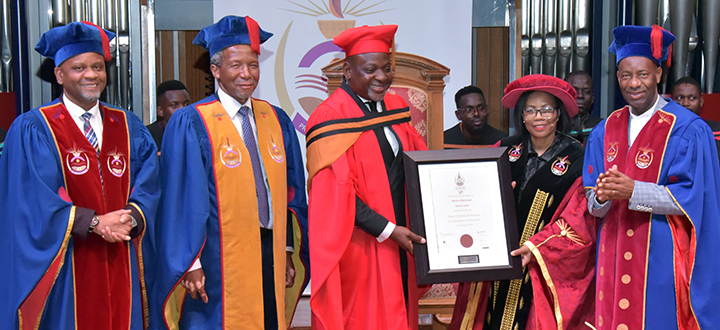 Unisa awards honorary doctorate to exemplary philanthropist and entrepreneur Collen Tshifhiwa Mashawana
Unisa awards honorary doctorate to exemplary philanthropist and entrepreneur Collen Tshifhiwa Mashawana
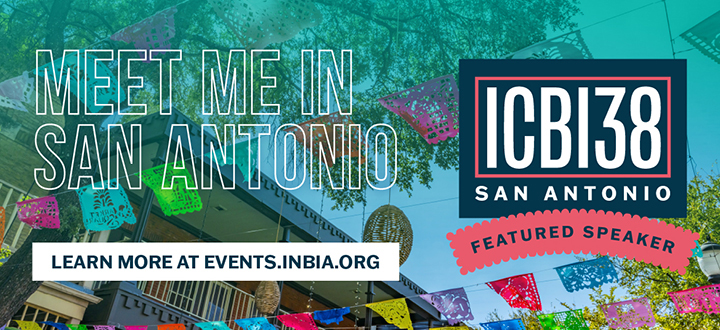 Inhlanyelo Hub explores financing and sustainability at the International Conference on Business Incubation
Inhlanyelo Hub explores financing and sustainability at the International Conference on Business Incubation
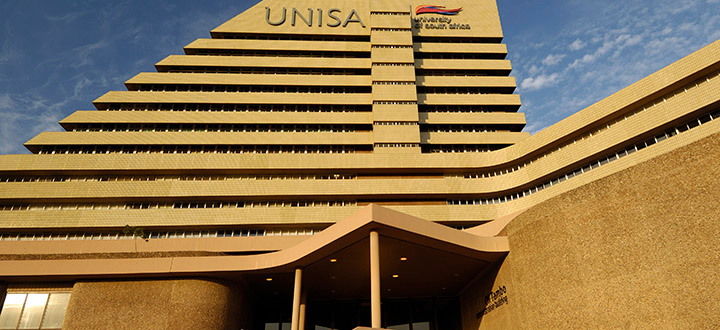 Unisa remains anchored among the waves
Unisa remains anchored among the waves